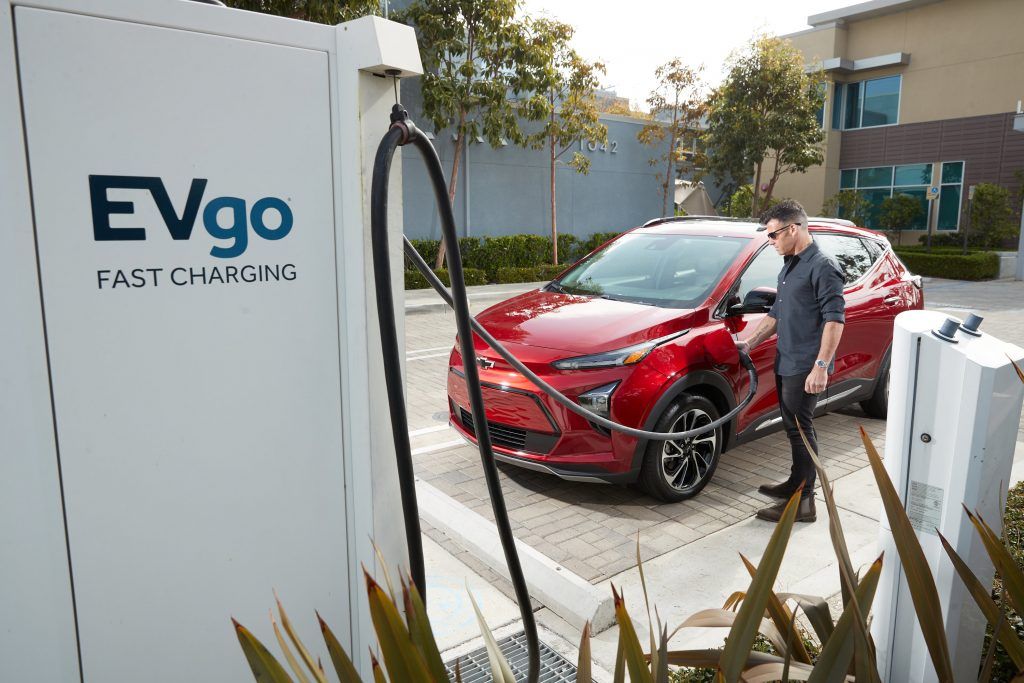Novelis is projecting growth in worldwide demand for aluminum foil for automotive production.
In particular, aluminum is expected to be in greater demand globally, due to the increasing use of electric vehicles, which use larger quantities of aluminum.
Novelis’ projection is that global demand for aluminum automotive sheet will register a compound annual growth rate of 7% from 2023 to 2028.
Aluminum foil
Regionally, demand for these automotive products in North America will increase by about 40% from 2022 to 2030, according to Ducker Carlisle.
This growth is in line with Novelis’ estimates for market growth for the region.
Also, the company predicts that demand in Europe will grow at a slightly faster rate and that the fast-growing Asian market for automotive aluminum sheet will increase at a steeper pace from a lower 2023 base.
The outlook on these automotive inputs remains bullish on reduced supply chain challenges and pent-up consumer demand.
Novelis
This company is a global leader in the production of innovative and sustainable aluminum products and solutions and the world’s largest aluminum recycler.
Noveles has both post-consumer and post-industrial aluminum recycling operations.
For fiscal year 2024, ended March 31, the company reported total shipment volumes of 3 million 924,000 tons and net sales of US$16.2 billion.
Novelis is a subsidiary of Hindalco, a leader in the aluminum and copper industry and the flagship metals company of the Aditya Birla Group, a multinational conglomerate headquartered in Mumbai, India.
Metal
There are two sources of input material: primary aluminum, produced from alumina (extracted from bauxite), processed in a smelter, and recycled aluminum, produced by remelting post-industrial and post-consumer waste.
On the one hand, primary aluminum can generally be purchased at prices established on the London Metal Exchange, plus a local market premium that varies according to the geographic region of delivery, alloy material, form (ingot or cast metal) and purity.
On the other hand, recycled aluminum is generally produced internally from purchased scrap or purchased at a discount compared to the price of primary aluminum, depending on the type and quality of scrap, geographic region and other market factors.

